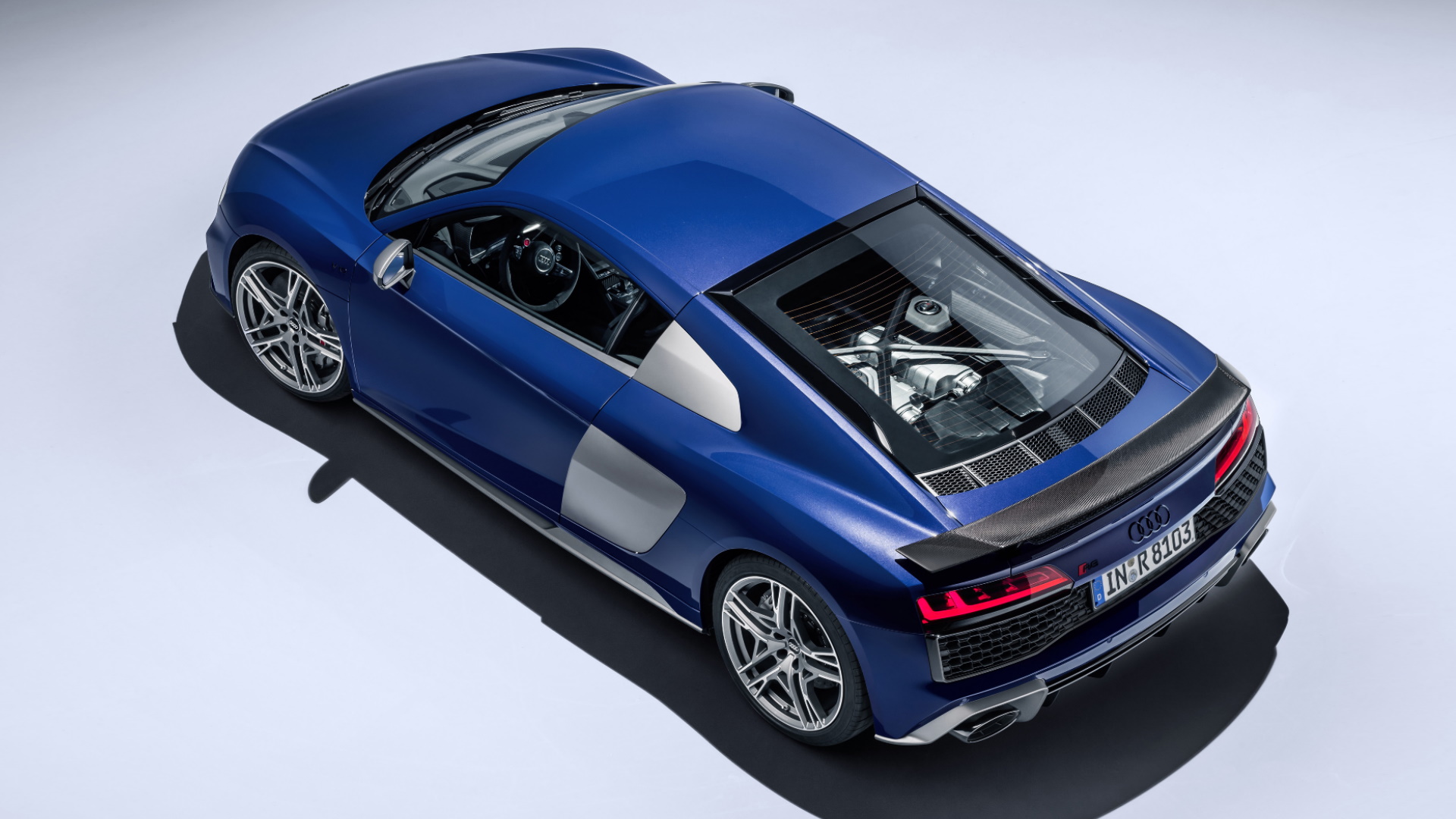

Germany is a country heavily represented by the auto industry, and not all of its domestic carmakers are happy with the push for electrification. Unlike rival Audi, BMW has refused to end its internal combustion engine development, and just the same, Porsche is developing synthetic fuels as it apparently sees completely electric drivetrains to be incompatible with some of its models. The German government, as it turns out, is quite skeptical of full electrification, too.
As Motor1 reports, the nation’s transportation minister Volker Wissing stated that, “We want to allow combustion engines even after 2035.” Wissing continued to claim that this will be possible because of synthetic fuels, which will reduce the carbon footprint of internal combustion vehicles. He noted that he does not see a future where cars are “refueled with fuels derived from fossil fuels,” but completely getting rid of combustion-engined vehicles also doesn’t make sense. “We cannot rely only on electric or hydrogen mobility for the future,” he told other European ministers in an informal meeting near Paris. “We need to remain technologically neutral.”
Wissing’s statements mirror those of other concerned government officials worldwide. Electric propulsion is being touted as an end-all solution for multiple forms of transportation, however, there are growing pains associated with this push. A lack of charging infrastructure is a big roadblock, but so is an adequate, ethical, and environmentally friendly supply of the metals required to build batteries for electric vehicles. There are also worries that heavier commercial machines are not well-suited to electrification and that infrastructure to fuel cleaner hydrogen-powered alternatives to these vehicles is an even bigger logistical hurdle than building EV charging stations.
The German transportation minister’s words have also been echoed by one of his European counterparts, the Italian minister of ecological transition, Roberto Cingolani. The future of the car “cannot be just full electric,” Cingolani said, no doubt considering the words of its domestic auto manufacturers Ferrari and Lamborghini. He claims a “generation of ultra-modern hybrids” might be a better solution.
Despite this well-founded skepticism, however, the unknowns concerning synthetic fuels are still vast. Whether or not low-emission, affordable synthetic fuels can be developed in a short enough timeframe to provide a realistic alternative to full-blown electrification has yet to be seen. Porsche is developing these fuels along with other companies, but battery technology is also advancing. Solid-state batteries promise more energy density and lower costs, and Toyota has already tested a vehicle powered by the cutting-edge tech. Without subsidies or other outside pressure, synthetic fuels could very well die on the vine. Then again, 2035 is more than a decade away.
Needless to say, decarbonization is a complex situation that requires nuance. An all-EV world seems to be inevitable now, but with pressures from industry, governments, and other influential organizations, we may very well be living in an environment where internal combustion is still a big player well past the 2030s.
Got a tip or question for the author? You can reach them here: peter@thedrive.com